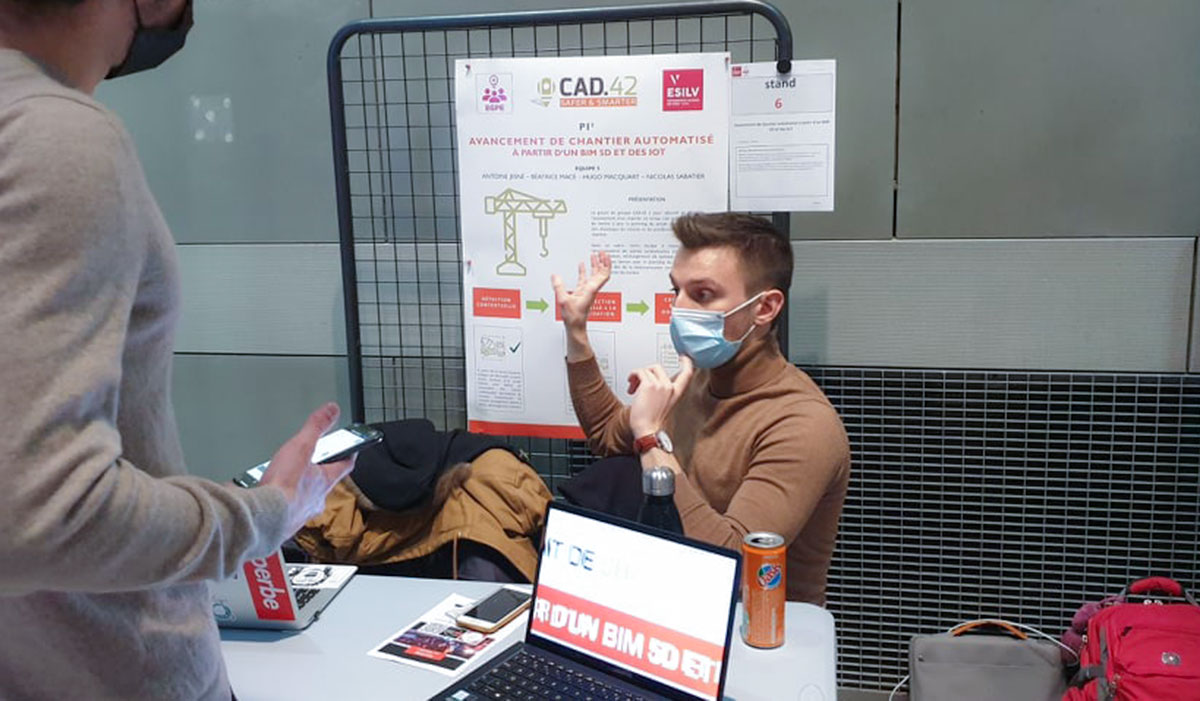After all the time invested in creating a portfolio, working on a cover letter and resume, it’s important to spend sufficient time on your interview preparation as well. With hundreds of different disciplines and subcategories of engineering, preparing interviews goes beyond the traditional questions and taps into the candidate’s character, work ethics, and soft skills.
Covering the traditional questions is one thing, but preparing for the unexpected ones is another. Are you ready to answer these 10 not-so-traditional engineering interview questions?
Behavioral Engineering Interview Questions
In addition to engineering-specific questions, you’d want to be ready to tie your experience and soft skills with your overall performance in real work situations or projects in case you weren’t exposed to the field just yet.
Tell me about a time when a project or assignment didn’t go as planned.
This question allows your interviewer to gain an understanding of your approach to problem-solving. An impressive way to answer this question would be to acknowledge how the situation affected your mentality or reflex at first glance, and afterward, give an example that highlights your ability to recover from the uncontrollable situation despite its difficulty.
This will show a layer of vulnerability followed by proof of how good you are in dealing with uncertainties in a project, whether alone or in a group setting.
Can you describe a situation where you dealt with a difficult client?
This question offers you an opportunity to showcase your work ethics, manners, and communication skills. Not only that, but your answer will help the interviewer assess your emotional stability and how you’ll perform under pressure. They want to be reassured that resolve tension and keep clients happy while setting boundaries and not compromising on your values and the values of the company you’re representing.
This can also be applied to tension between classmates, in case you were referring to a project. If this applies, you can still use your engineering school projects as an example, and how they prepped you for real-case scenarios.
Tricky Questions
In these types of questions, there’s a thin line between complete honesty and sugarcoating reality. By combining both, you’ll manage to portray a professional and respectable image that recruiters often look for in candidates, especially in engineering jobs that require a lot of client servicing and meetings.
What do you enjoy least about engineering?
Even passions are not perfect every second of every day, and with the challenges, this sector has to offer, the interviewer is aware that perfection cannot be attained and comes with its fair chair of unwanted elements. However, when you want to talk about your least favorite side of engineering, you have two options: 1. either try to choose something that doesn’t directly target your area of specialty and work around it, or 2. mention what your least favorite thing to do is under the pretext of wanting to get better at it; this shows that you’re eager to learn despite disliking it while making it clear that it’s not where you see yourself at your best performance.
How do you explain engineering ideas to an audience who’s unfamiliar with the technicalities of your sector?
As an engineer, you may work with many people during projects and many departments that might not necessarily relate to your field. In that case, feel comfortable telling your interviewer that you’re confident in communicating complex engineering topics to people of any skill level and simplifying complex ideas to clients that might not be familiar with technical terms.
About Continuous Learning
What resources do you use to keep up with the most up-to-date engineering news?
By staying up to date and eager to learn, you reassure your interviewer that you are constantly improving your knowledge and skills. Whether it’s a new degree, or a subscription to a magazine, take pride in wanting to keep learning new concepts, and how adaptable you are to new processes.
A great example of empowering students for their internship preparations is ESiLV engineering school in Paris. It starts with job fairs, which are the first step for job-seeking engineering students. Not only will they get the chance to connect with alumni in their field, but also receive tips and tricks to prepare for their interviews, even practice along the way.
Was there a person that ever made you doubt your decision of becoming an engineer?
There comes a time in every student’s path, when an instructor or perhaps a superior or peer, even a family member, made them doubt their choices. Perhaps through a comment, or perhaps a body language gesture. Here lays an opportunity to show ambition, motivation, and willingness to not be affected by the outside if you’re convinced of your goal.
Bonus Questions
These questions offer a free range of honesty and do no harm if you choose to lay all your cards out there. They’ll also allow you to show your true colors, aspirations, and other passions you enjoy.
- If you weren’t an engineer, who’d you want to be?
- Who was your go-to person when you couldn’t solve a problem on your own?
- Talk about a successful long-term working relationship you have with someone outside the engineering department.
- How would your colleagues/classmates/superiors describe you?
Always take pride in who you are and where you come from. That alone will impress anyone you encounter in the future, interviewer or not.







